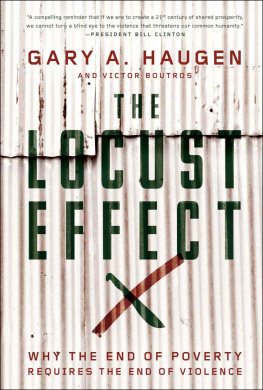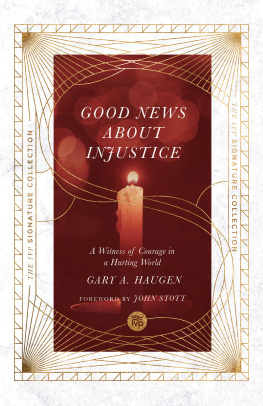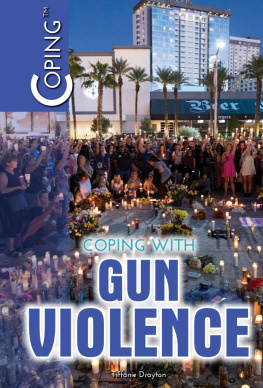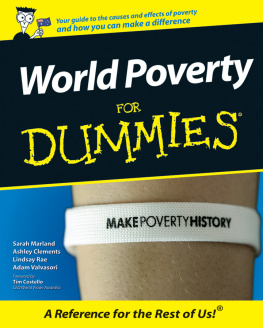Gary A. Haugen - The Locust Effect: Why the End of Poverty Requires the End of Violence
Here you can read online Gary A. Haugen - The Locust Effect: Why the End of Poverty Requires the End of Violence full text of the book (entire story) in english for free. Download pdf and epub, get meaning, cover and reviews about this ebook. year: 2014, publisher: Oxford University Press, USA, genre: Detective and thriller. Description of the work, (preface) as well as reviews are available. Best literature library LitArk.com created for fans of good reading and offers a wide selection of genres:
Romance novel
Science fiction
Adventure
Detective
Science
History
Home and family
Prose
Art
Politics
Computer
Non-fiction
Religion
Business
Children
Humor
Choose a favorite category and find really read worthwhile books. Enjoy immersion in the world of imagination, feel the emotions of the characters or learn something new for yourself, make an fascinating discovery.
- Book:The Locust Effect: Why the End of Poverty Requires the End of Violence
- Author:
- Publisher:Oxford University Press, USA
- Genre:
- Year:2014
- Rating:3 / 5
- Favourites:Add to favourites
- Your mark:
The Locust Effect: Why the End of Poverty Requires the End of Violence: summary, description and annotation
We offer to read an annotation, description, summary or preface (depends on what the author of the book "The Locust Effect: Why the End of Poverty Requires the End of Violence" wrote himself). If you haven't found the necessary information about the book — write in the comments, we will try to find it.
While the world has made encouraging strides in the fight against global poverty, there is a hidden crisis silently undermining our best efforts to help the poor.
It is a plague of everyday violence.
Beneath the surface of the worlds poorest communities, common violence -- like rape, forced labor, illegal detention, land theft, police abuse and other brutality -- has become routine and relentless. And like a horde of locusts devouring everything in their path, the unchecked plague of violence ruins lives, blocks the road out of poverty, and undercuts development.
How has this plague of violence grown so ferocious? The answer is terrifying, and startlingly simple: Theres nothing shielding the poor from violent people. In one of the most remarkable -- and unremarked upon -- social disasters of the last half century, basic public justice systems in the developing world have descended into a state of utter collapse.
Gary A. Haugen and Victor Boutros offer a searing account of how we got here -- and what it will take to end the plague. Filled with vivid real-life stories and startling new data, The Locust Effect is a gripping journey into the streets and slums where fear is a daily reality for billions of the worlds poorest ,where safety is secured only for those with money, and where much of our well-intended aid is lost in the daily chaos of violence.
While their call to action is urgent, Haugen and Boutros provide hope, a real solution and an ambitious way forward. The Locust Effect is a wake-up call: Its massive implications will forever change the way we understand global poverty - and will help secure a safe path to prosperity for the global poor in the 21st century.
Gary A. Haugen: author's other books
Who wrote The Locust Effect: Why the End of Poverty Requires the End of Violence? Find out the surname, the name of the author of the book and a list of all author's works by series.










